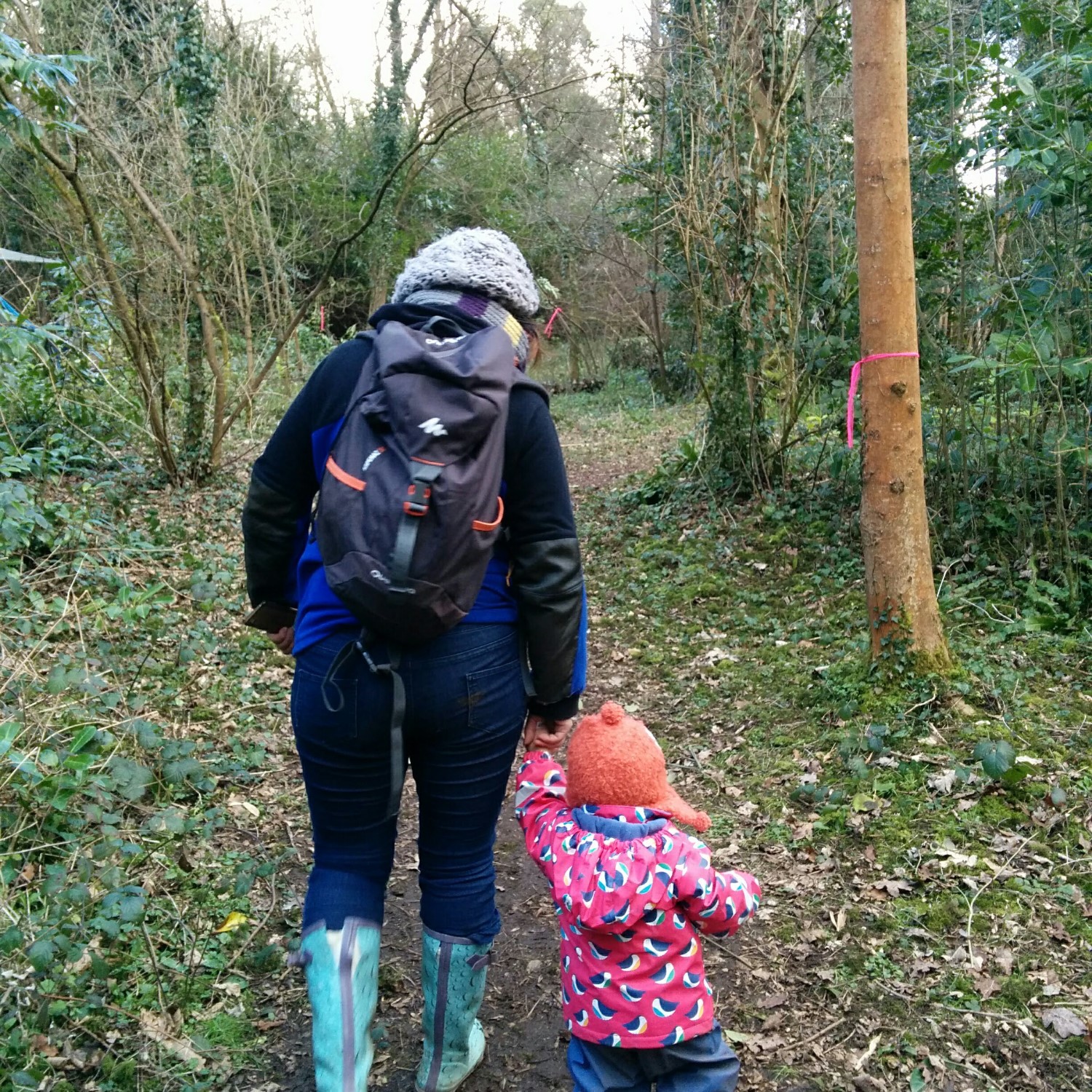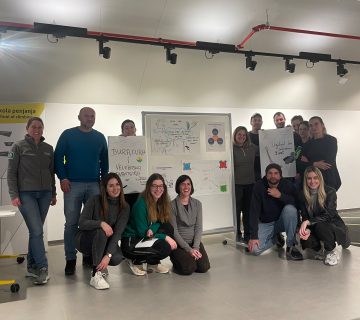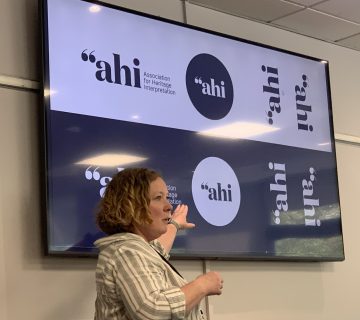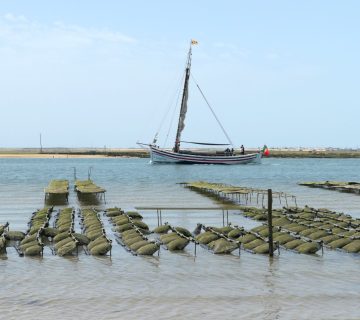Parents are our first teachers, and their relationship with their children often reflects key principles of the interpretive approach to heritage.
What can we learn about heritage from our parents? I’ve been reflecting on the invaluable lessons my parents imparted, particularly my father, who recently passed away. Their guidance has profoundly influenced my perspective on life and instilled in me the core values that define my worldview. Afterall, values are our drivers…
I’ve considered these five points we can apply:
1. Storytelling: Parents use stories to teach us about the world. Similarly, heritage comes alive through stories that connect the past and the present, making it relevant and inspiring. It’s even more important to listen to others’ stories and help people connect with our stories (this is what I like to call story-sharing), creating a shared space of understanding and respect.
2. Emotional connection: Heritage, like parental love, should evoke emotions. By creating emotional connections, visitors become engaged and motivated to preserve heritage. Emotional connection should be linked to values that the community holds dear. Interpretation should encourage visitors to recognise and connect with universal values such as respect, freedom, and justice.
3️. Learning through experience: Parents guide us through life lessons via practical experiences. Heritage interpretation uses interactive methods to enable visitors to gain deep understanding and learning. Learning through experience should be designed to allow visitors to reflect on personal and community values. Activities should encourage critical thinking and self-awareness.
4️. Adapting to different needs: Every child is unique, and good parents adapt their approach to each child. Similarly, heritage interpretation must be inclusive and tailored to diverse visitors. Adapting to different needs also means including various perspectives and, especially, values. Interpretation should recognise and respect cultural diversity, making everyone feel included.
5️. Building identity: Parents help us understand who we are and where we come from. Heritage plays a key role in shaping our identity, allowing us to appreciate our history and cultural diversity. Building identity through heritage should be linked to promoting shared values that connect people. Interpretation should foster a collective sense of belonging, respect for all heritage, and a shared responsibility for the future.
Heritage is not just about the past, but about connecting people today and inspiring the future.
Just as parents shape future generations, so can we, through heritage interpretation, shape conscious and engaged stewards of our shared legacy for our common future.
Max Dubravko Fijacko is an IE Certified Interpretive Trainer and IE’s Gastronomic Heritage Coordinator. He is also a Sustainable Tourism Trainer through EUROPARC. In his work, he inspires and designs new tourism products, winning the ‘Simply the Best’ award in 2021. Max can be contacted at: dubravko.fijacko@interpret-europe.net
To cite this article: Fijacko, Dubravko Max (2024) ‘Lessons from our parents: Heritage isn’t just about the past‘ in Interpret Europe Newsletter 2-2024, pg.4.
Available online: https://interpret-europe.net/wp-content/uploads/2024/07/PDF-Newsletter-2024_2.pdf




